Conway’s Game of Life Models Evolution
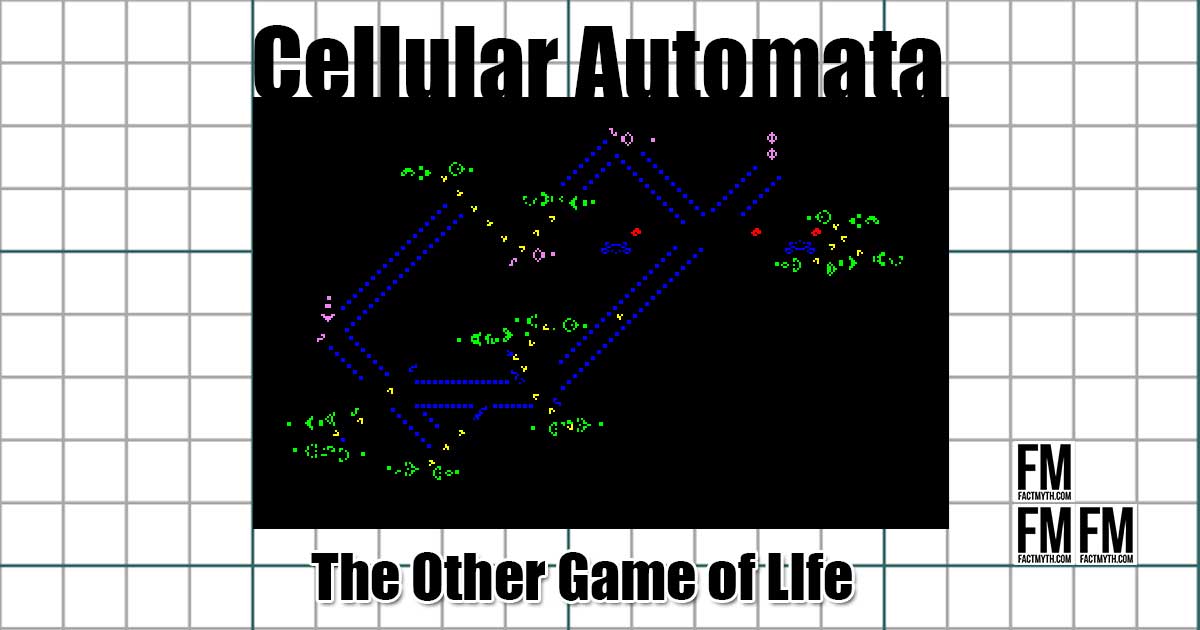
Conway’s Game of Life is a simple rule-set that models the evolution of systems. It’s a “zero-player” computer program that demonstrates “cellular automata”.
Philosophical theories are theories that are philosophical, rather than purely scientific by nature. Meanwhile, philosophical concepts can be loosely describes as ideas or “concepts” that are philosophical in nature.
Generally, a concept is a single idea, a theory is an explanation of how something works, and philosophy is simply the study of that which we can’t know for sure (see the branches of philosophy.).
So then, for our purposes, philosophical theories and concepts is simply a broad category that contains all non-scientific theories worth discussing.
TIP: For a great explainer on the basics of Philosophy see Tamar Gendler: An Introduction to the Philosophy of Politics and Economics by Big Think.
NOTE: Some scientific theories that spark metaphysical philosophical questions are categorized here (as well as under their respective scientific fields). Learn more about scientific theories.

Conway’s Game of Life is a simple rule-set that models the evolution of systems. It’s a “zero-player” computer program that demonstrates “cellular automata”.
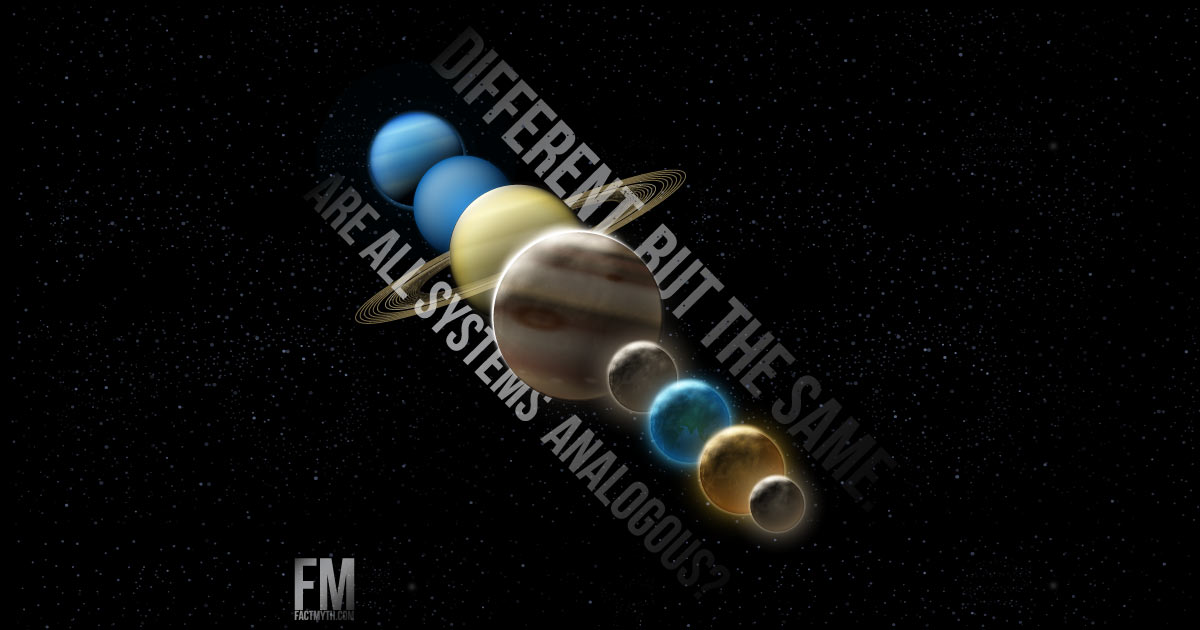
General systems theory shows us there are commonalities between different types of physical and conceptual systems which we can study to better understand complex systems.

We can apply the concepts of theory, experimentation, and application to all the arts and sciences. For instance we have theoretical physics, experimental physics, and applied physics.
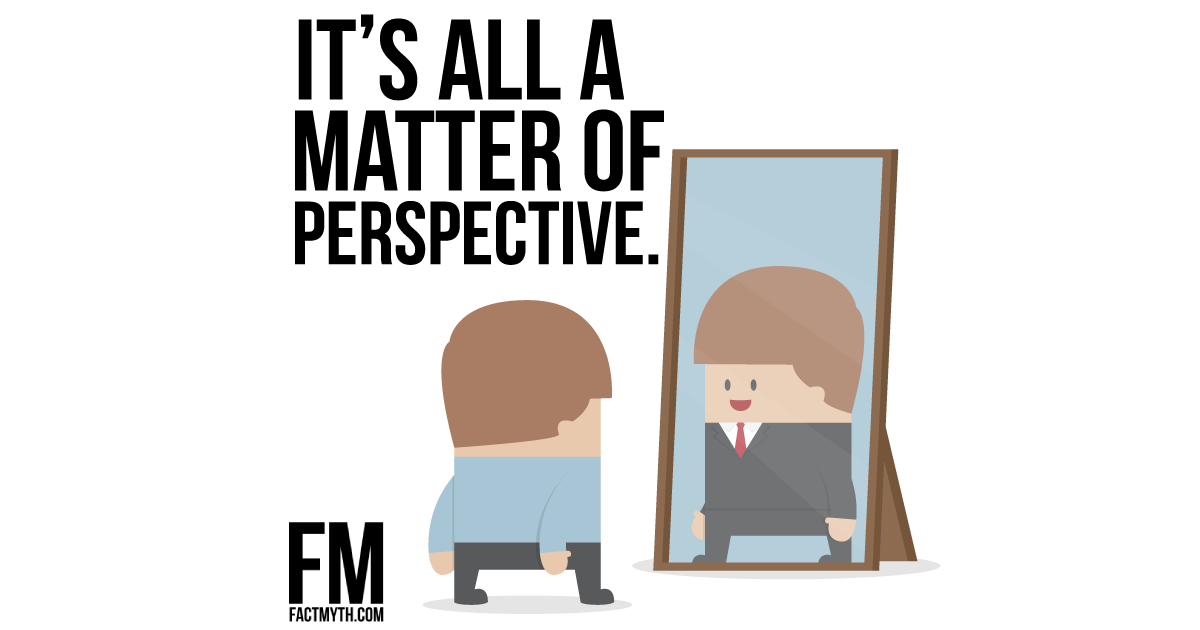
Everything we perceive depends on our frame of reference. What we observe is relative to our point of view. In other words, “it is all a matter of perspective”.
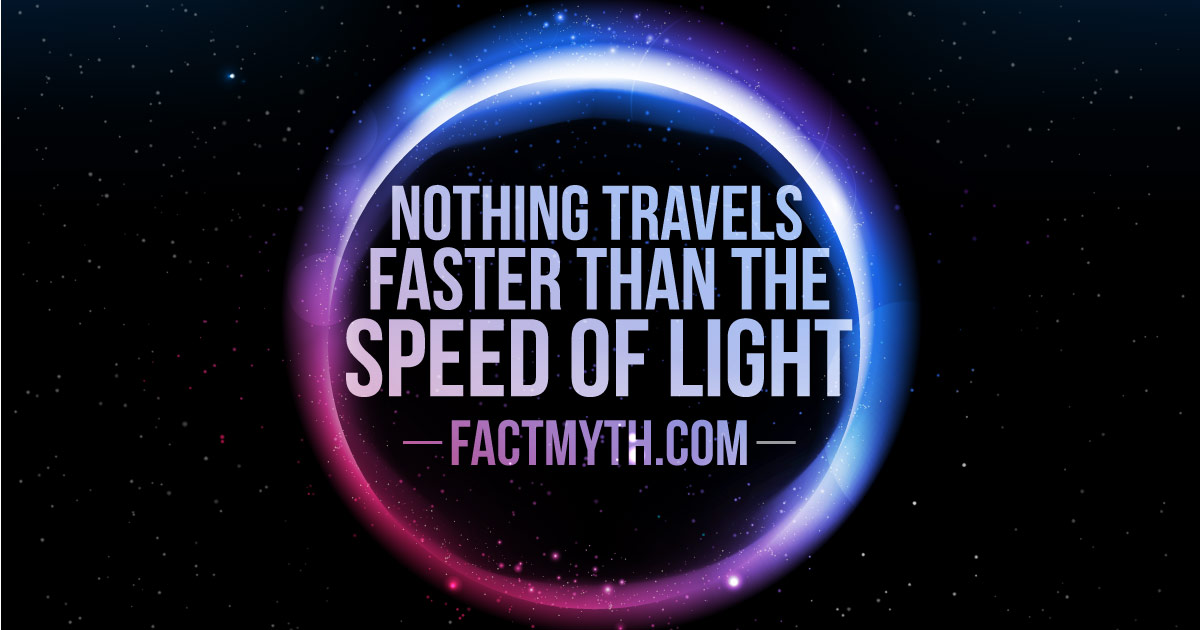
No “thing” (including particles) can travel faster than light speed, but some “non-things” can. In both ways “nothing travels faster than the speed of light”.
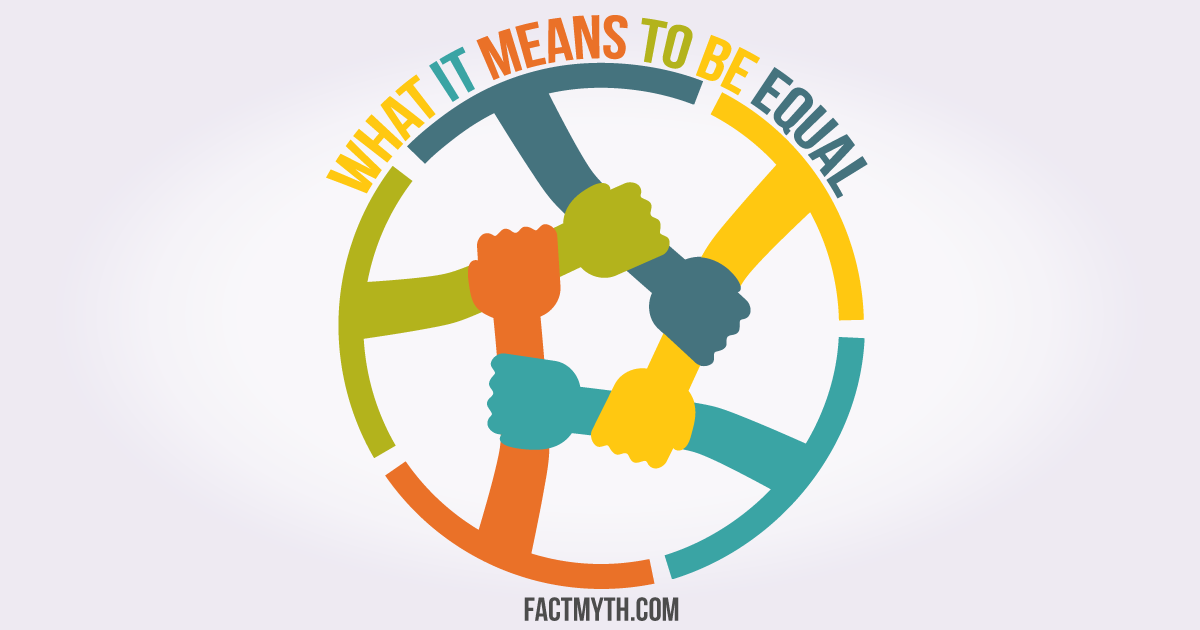
The term ‘equal’ can mean ‘identical’, but more-so it describes “equivalence.” For example, social equality describes equity, not “exact the sameness.”
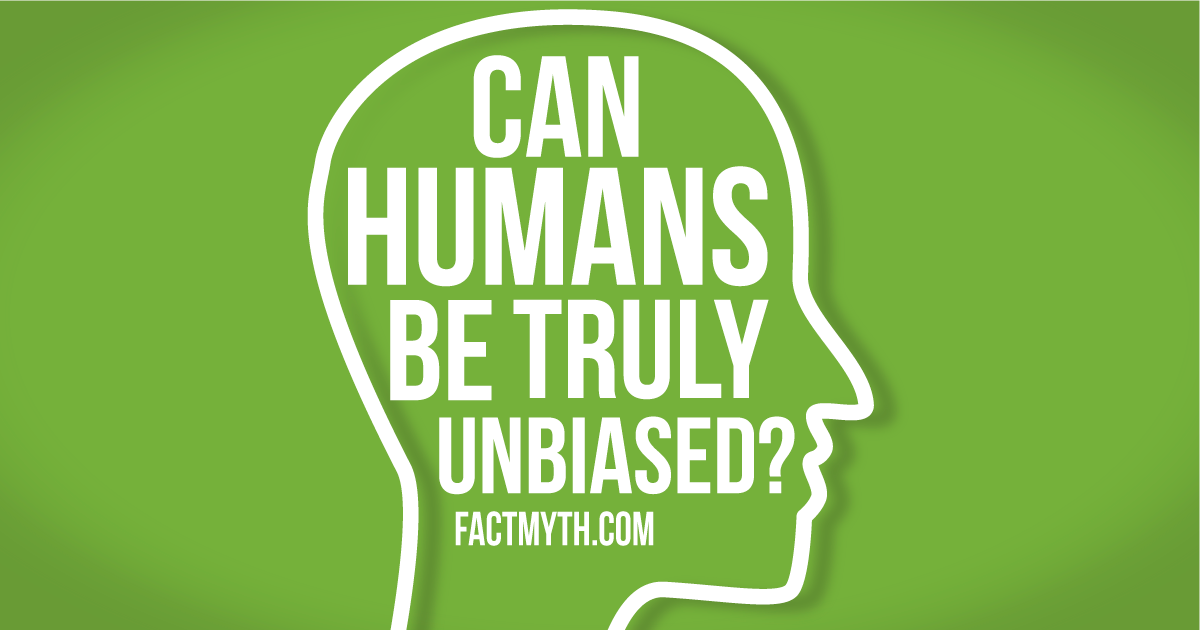
People can’t be truly unbiased; we are hardwired with bias and create bias constantly as part of the natural neurological process of learning.
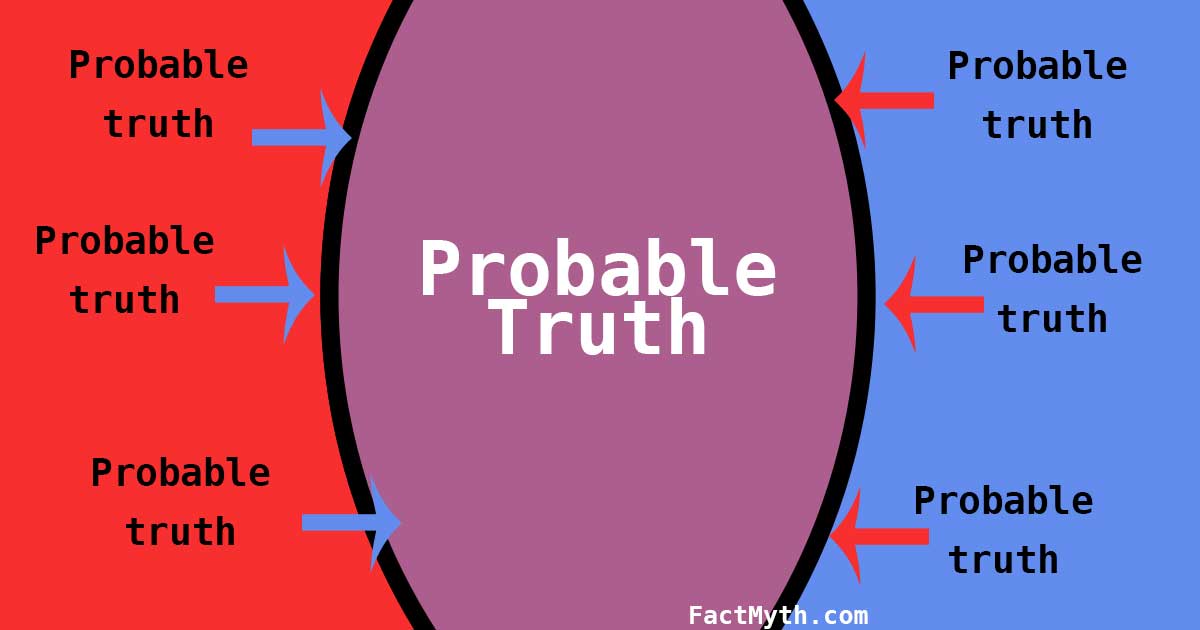
Bayes’ theorem is a probability theory used to calculate the likelihood of an event being true or not true based on conditions related to the event. (i.e. an equation used for calculating conditional probabilities).
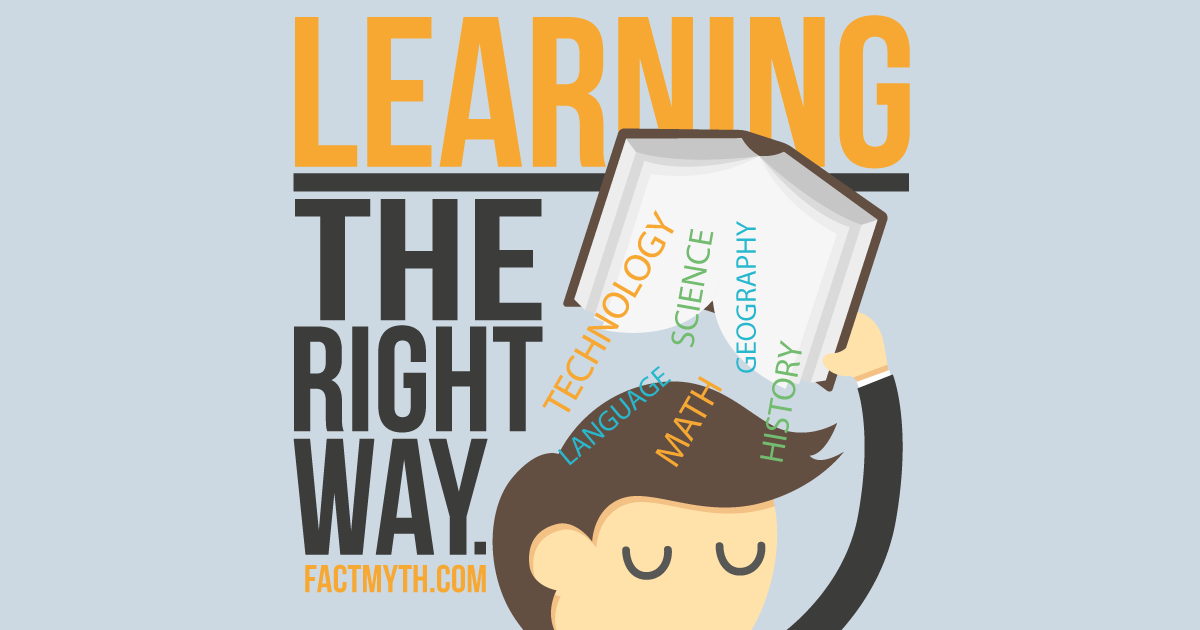
The best way to learn isn’t “being taught”, its mixing self-directed learning with the roles of student, peer, and teacher in different social settings.
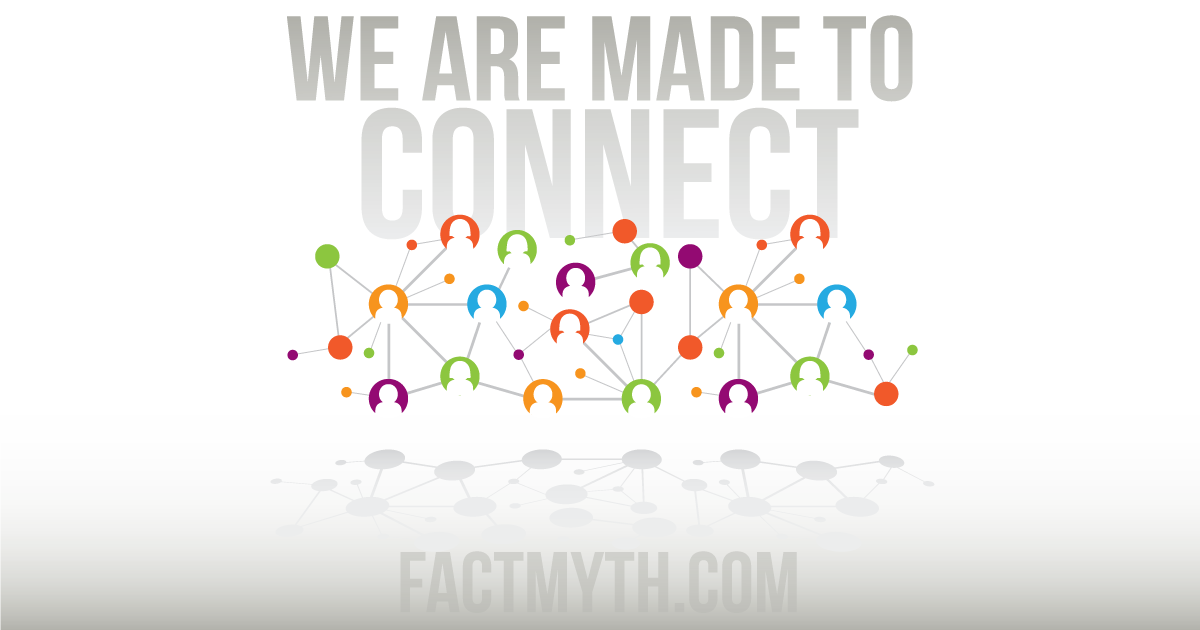
Humans are hardwired to be social beings. We naturally cooperate, care, and compete. From quarks, to cells, to plants, to animals, cooperation is in our DNA.